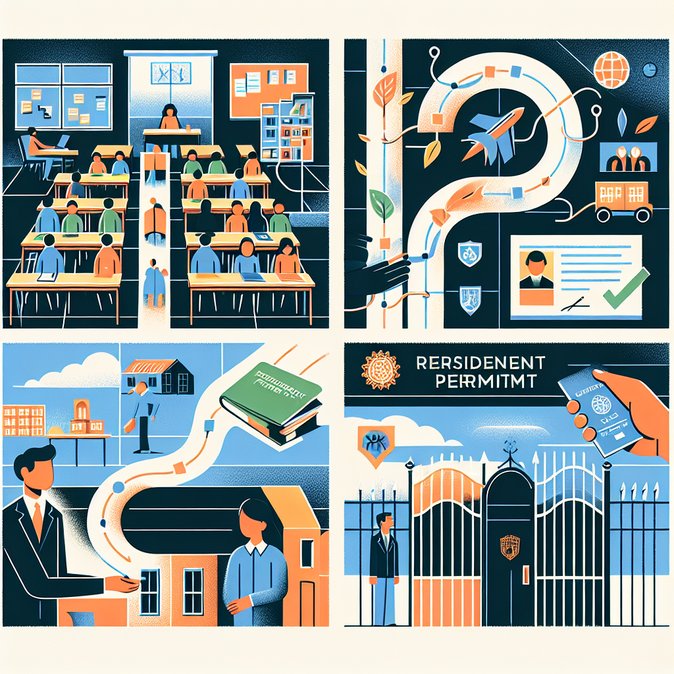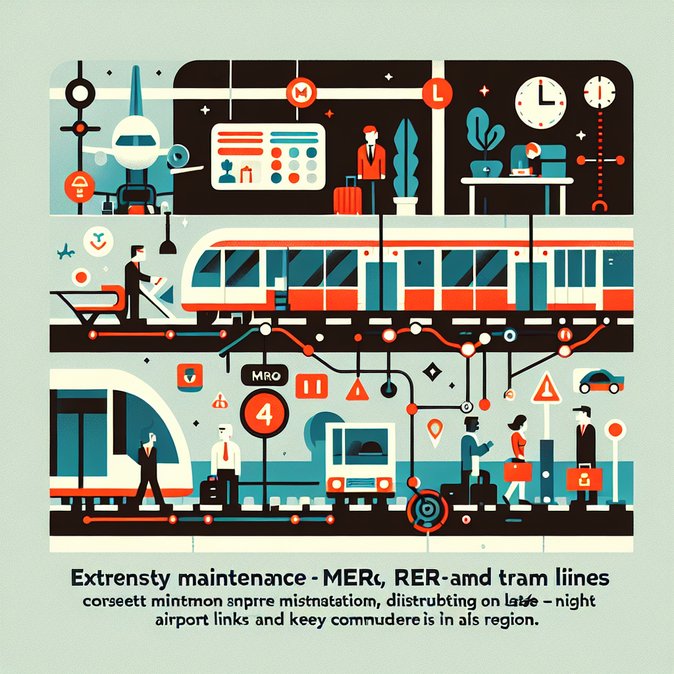
A Human Rights Watch (HRW) report released on 18 November paints a stark picture of schooling in Mayotte, France’s Indian-Ocean département, where rapid population growth driven partly by irregular migration from the nearby Comoros has overwhelmed classrooms. HRW documents overcrowded schools operating on half-day rotations, with up to 15 000 children receiving less than a full school day.
Although the report focuses on the right to education, it carries wider mobility implications: border police operations aimed at intercepting undocumented migrants near schools are discouraging parents from enrolling their children or accessing public services. HRW notes that fear of arrest means some families skip vaccination appointments or language classes, undermining integration efforts.
![Human Rights Watch Report on Mayotte Links Education Crisis to Immigration Controls]()
The findings land as the interior ministry finalises a decree to tighten language and civics tests for residence permits from January 2026. NGOs argue that without investment in schooling and basic services, stricter permit rules risk creating “permanent irregularity” for thousands of children born on French soil but unable to navigate the paperwork.
For employers operating in Mayotte—particularly in construction, agri-food and public works—the report signals potential scrutiny of labour practices and renewed debate over work-permit quotas for Comorian nationals. Mobility managers should monitor whether Paris uses the findings to justify a fresh round of border-security funding or, conversely, accelerates plans to issue more “travail en tension” permits to regularise long-term residents in shortage occupations.
Although the report focuses on the right to education, it carries wider mobility implications: border police operations aimed at intercepting undocumented migrants near schools are discouraging parents from enrolling their children or accessing public services. HRW notes that fear of arrest means some families skip vaccination appointments or language classes, undermining integration efforts.

The findings land as the interior ministry finalises a decree to tighten language and civics tests for residence permits from January 2026. NGOs argue that without investment in schooling and basic services, stricter permit rules risk creating “permanent irregularity” for thousands of children born on French soil but unable to navigate the paperwork.
For employers operating in Mayotte—particularly in construction, agri-food and public works—the report signals potential scrutiny of labour practices and renewed debate over work-permit quotas for Comorian nationals. Mobility managers should monitor whether Paris uses the findings to justify a fresh round of border-security funding or, conversely, accelerates plans to issue more “travail en tension” permits to regularise long-term residents in shortage occupations.
More From France
View all
UK Unveils Refugee Overhaul, France Braces for Fresh Channel Migration Pressures

€9.2 Billion of New Projects Pledged at ‘Choose France – Édition France’ Summit, Boosting Demand for Talent Visas
